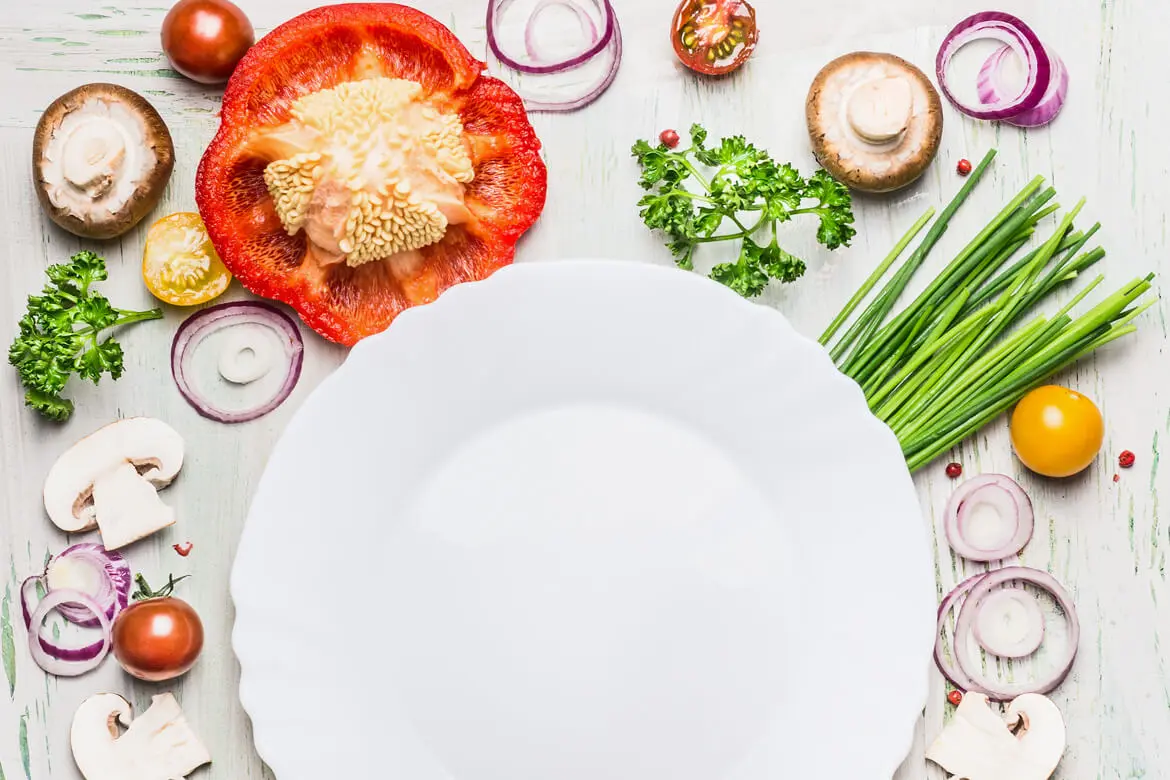Dr Chia Chung King
Gastroenterologist


Source: Shutterstock
For many people, it's hard enough as it is to maintain a healthy, nutrient-rich diet without adding a stomach disorder into the mix. What happens when certain foods give you acid reflux? Or when you've had a life-changing stomach surgery, and you've been told to overhaul your lifestyle completely? What foods should you eat and avoid?
If you have concerns about your digestive health, always speak to a doctor.
Gastro-oesophageal reflux disease (GERD), or acid reflux, is a common disorder that affects the muscle linking your food pipe and stomach. Sometimes, it can be caused by a hiatal hernia – where part of the stomach bulges up into the food pipe, causing stomach acid to rise – but not always. GERD is also an organic cause of gastric pain.
Symptoms of GERD include heartburn and indigestion.
If you want to reduce your symptoms of GERD, diet is a key factor. And don't worry, it's not all about cutting food out – in fact, eating the right type of foods that are low in fat can also help to manage the condition!
To avoid any form of gastric pain, be sure to eat foods that are gentle on your stomach. Some food options that are unlikely to inflame or irritate your stomach include:
We all know we should eat our greens, but this is especially important if you have GERD. Most vegetables are low in fat and don't contain much sugar, which can help to reduce acid levels and prevent that burning feeling in your chest. Just remember to prepare these vegetables with less oil.
Vegetables that are good to eat when you have GERD include:
High-fat meats, like beef, pork and lamb, sit longer in your stomach and can contribute to the burn of rising acid. Try swapping them for leaner, low-fat meats like chicken, turkey or fish, and baking, poaching or stir frying them with less oil instead of deep frying.
Overeating is one of the contributors to heartburn. Eating food that are high in fibre will make you feel full, therefore less likely to overeat.
High-fibre foods include:
Knowing your 'triggers' can take a bit of experimentation and time. You may find you're fine to eat some common GERD-triggering foods, while other seemingly harmless foods may unexpectedly flare your symptoms. The best thing you can do is pay attention to your body and adjust your diet accordingly.
People with GERD may also have the lining of their oesophagus damaged from the acid reflux. In this case, it is important to avoid foods that can irritate the oesophageal tissue and cause further damage.
Generally, foods that are high in fat puts you at increased risk of acid reflux. It is therefore prudent to avoid these foods or eat them sparingly. These foods include:
Other foods that may also trigger GERD symptoms include:
Additionally, making certain lifestyle changes can also help with managing your GERD symptoms. These include:
The most important thing to do with any stomach disorder is listen to your body. What negatively affects someone else may not affect you in the same way, and vice versa. Keeping a food diary can help you to keep track of 'safe' foods and foods to avoid to reduce indigestion, gastric pain, and unwanted discomfort.
If you have specific health concerns or need more nutritional advice, consult a doctor or a dietitian.